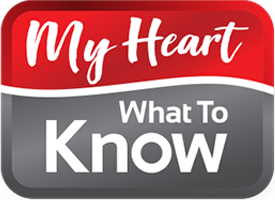By Melinda Maryniuk, MEd, RD, CDCES
Most people have received some guidelines on what to eat, or given a weight loss plan from a doctor, dietitian, or weight loss clinic. Some may be counting calories, points, or trying to eat fewer carbs… or others may have tried many different approaches before, each time losing a few pounds, but then gaining it back.
No matter what approach a person is using, taking time to study their patterns around food can really make a difference. This type of assessment can help identify the habits that may be sabotaging good intentions and can help someone make a plan to address them.
What to do:
Fill out the My Weight – What To Know Food Journal for 4-7 days (or, just create your own!). The more days you can fill out, the better. You could also try using an app like YouAte or MyFitnessPal.
Study the journal – and ask yourself these questions to see if any patterns emerge.
- Do you eat often when you’re not hungry?
- Are there certain times of day when it’s especially hard to stay on track?
- Do you often eat in your car or mindlessly snack in front of the TV?
- Does being with certain friends or in certain places trigger you to eat (or drink) more than you’d like?
- Do you notice that your mood affects your eating?
Now you have an idea of where you may be experiencing issues and where you’re able to make the right choices. Choose one area where you want to focus on changing your behavior. Maybe it’s eating less in the car, or figuring out a way to eat less at a specific time of day that’s challenging for you. Small steps make a big difference… now, you have an idea of what may have caused problems for you in the past. If you’re still unsure, consider seeing a registered dietitian.
—
An important step towards better health for many people is reaching a healthier weight, which can reduce the risk of cardiovascular disease. To find a physician near you who specializes in weight management, click here.
—
All the information provided on this site is for educational purposes only and is not a substitute for professional medical advice, diagnosis, or treatment. My Heart – What To Know is not a healthcare provider or clinic. ALWAYS consult with a qualified healthcare provider regarding any questions you may have about a medical condition. Never disregard professional medical advice or delay in seeking it because of something you have read on this website. If you think you may have a medical emergency, call 911 or go to the nearest emergency room immediately. No physician-patient relationship is created by this website or its use.
This article was sponsored by Novo Nordisk Canada. All content is created independently by My Heart – What To Know with no influence from Novo Nordisk.

